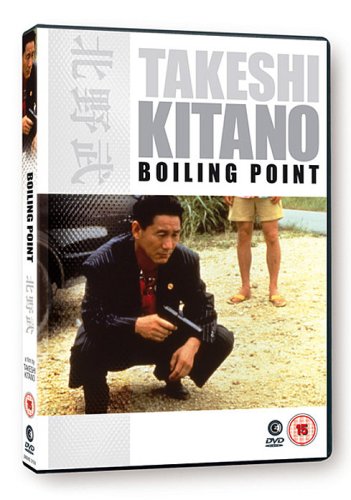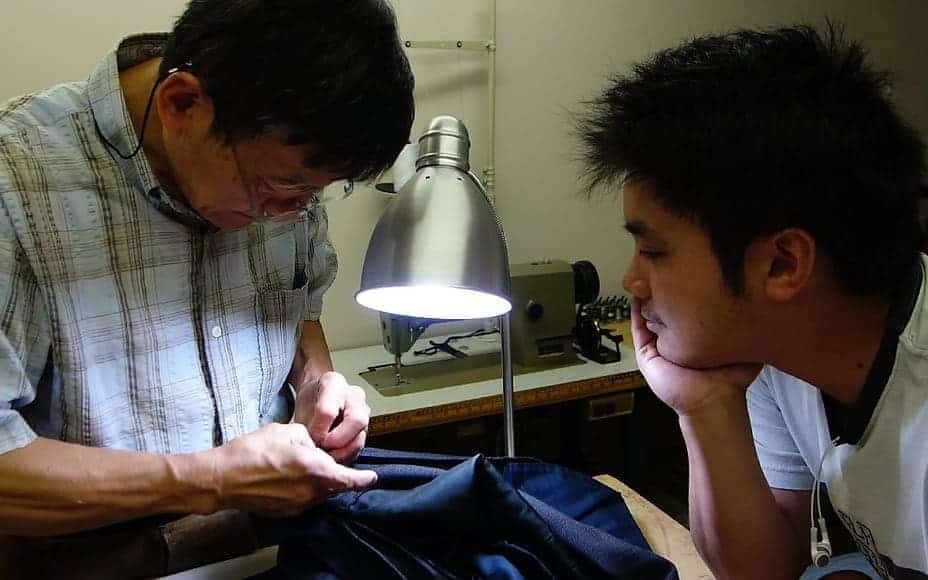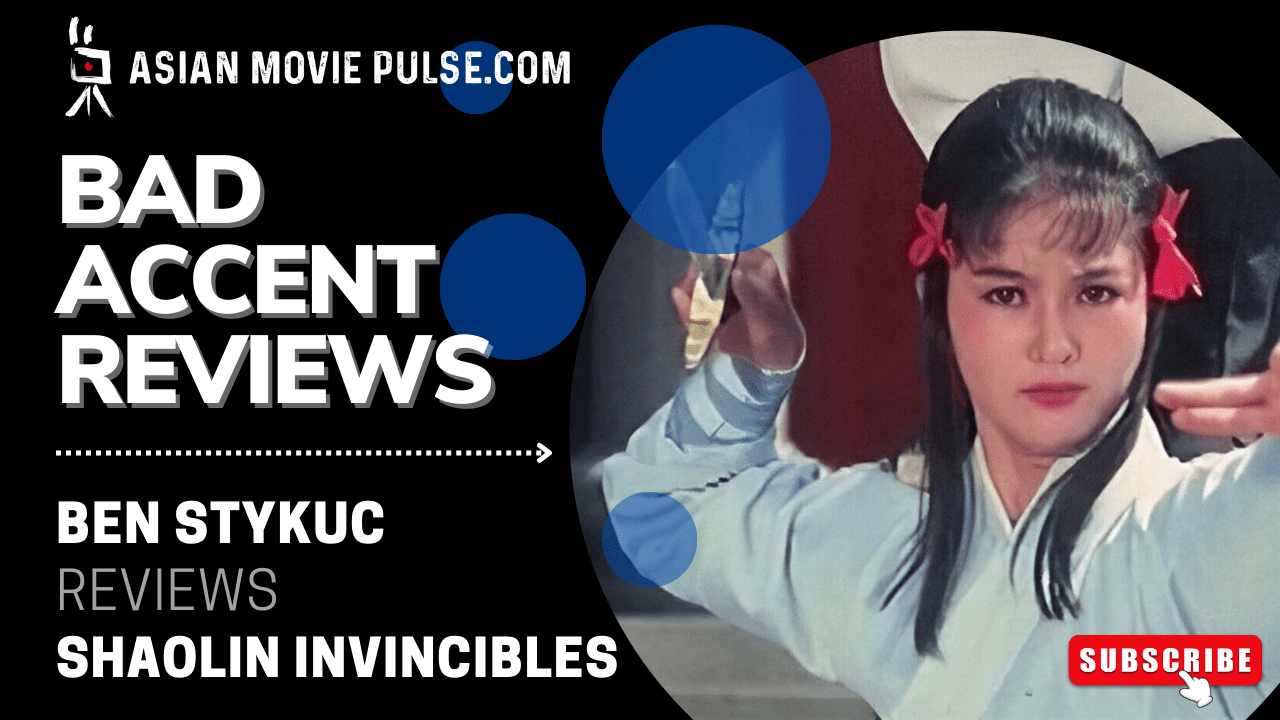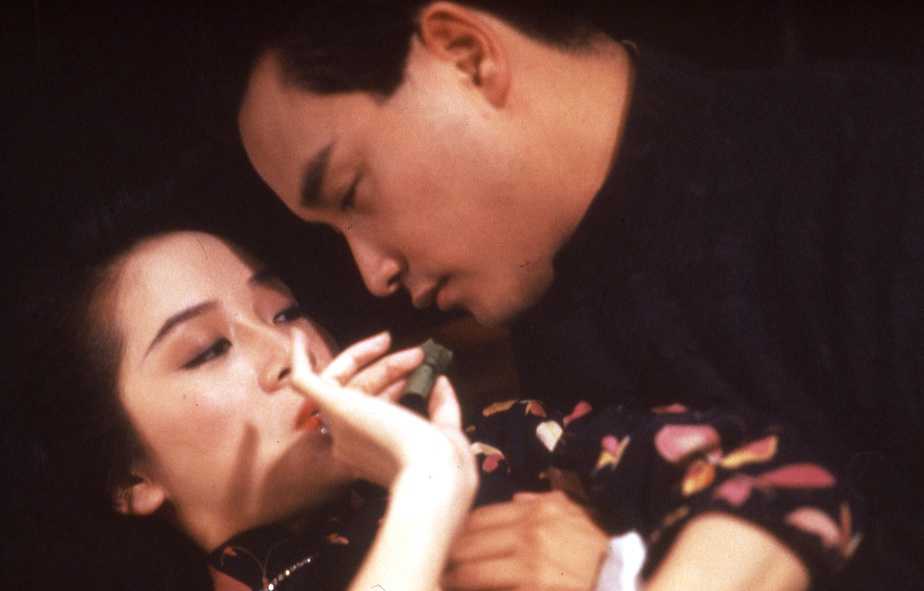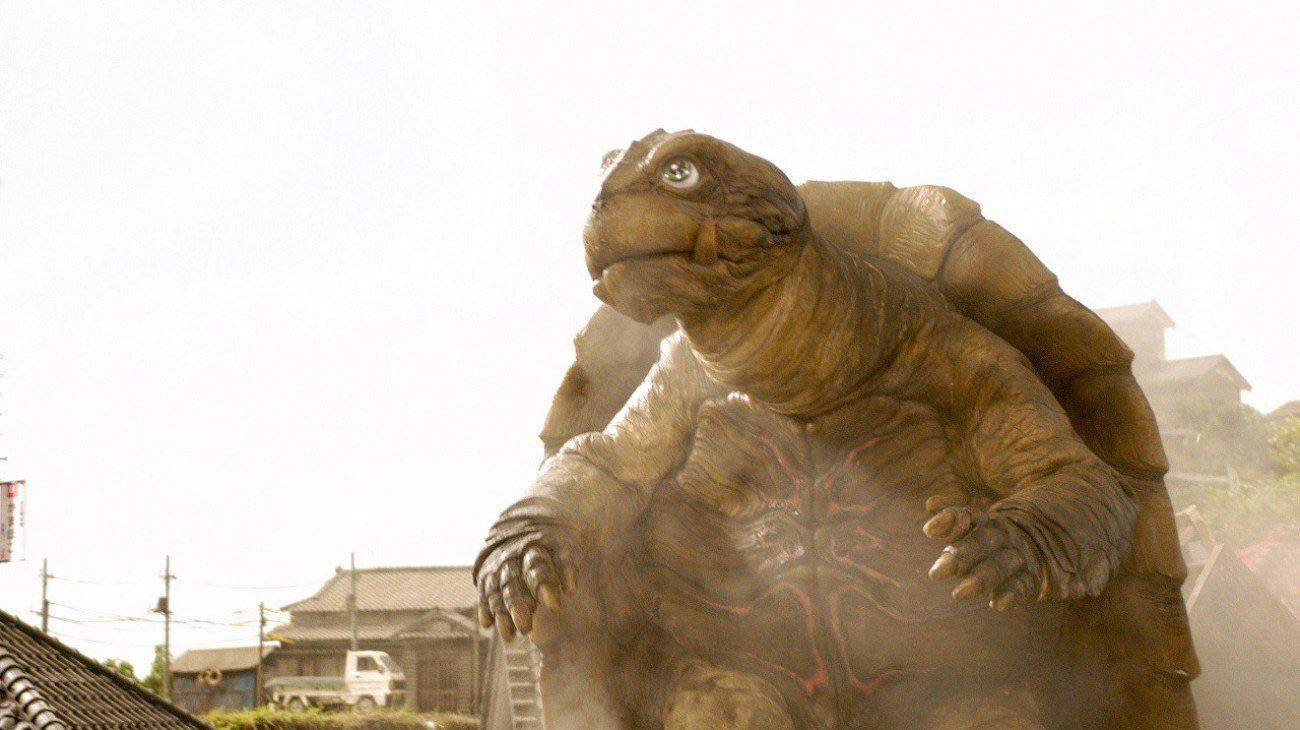After he had given his debut as director in “Violent Cop”, Takeshi Kitano obviously found a liking to having more control over a project. His second feature film “Boiling Point” is therefore an important creative step for him as he not only acts and directs, but also wrote the script and even collaborated with Toshio Taniguchi on the editing of the final film, making this one the first “complete” Kitano film in his body of work. The outcome of his effort is a film which is very difficult to categorize, which removes itself even further from notions like genre and other formal concepts such as the idea of the protagonist. However, within the context of his body of work, “Boiling Point” sets the foundation to the overall deconstruction of these aforementioned aspects and introduces the sort of deadpan humor as well as the notion of melancholia which would become trademarks in the others works of the director.
Buy This Title
As the film begins, we meet Masaki (Masahiko Ono) who, when he does not help out a local gas station, spends his time playing baseball for a small team, even though he does not have a lot of talent for the sport. One day, he gets into an argument with a local yakuza which gets out of hand fast with the gangster threatening him and Masaki trying to attack him. Since the clan behind the gangster obviously demands some form of retribution, he asks the coach of the baseball team, former yakuza Iguchi (Takahito Iguchi) for help, whose temperament makes matters even worse, but at least diverts the attention of the gangsters away from Masaki.
Since Iguchi is in need of a gun, Masaki, planning to get a firearm himself, he offers to travel to Okinawa where Iguchi knows people who can get them some firepower. Shortly upon their arrival, Masasi and his friend and teammate Kazuo (Minori Iizuka) run into Uehara (Takeshi Kitano) and one of his associates, who are also in need of some firepower after a heated argument with the boss of their clan about missing payments and Uehara's general lack of respect. However, Uehara's unpredictable nature are a constant threat to their plan as well as their lives.
In general, “Boiling Point” is quite a deviation from “Violent Cop” which is largely due to Kitano also taking over the writing duties for his second film. While elements of the yakuza drama are still there, these are perhaps mere remnants which do not constitute a definitive categorization, even though many reviewers at the time tried to see the film as a thriller. However, as there is no notion of suspense in the narrative and Kitano avoids or changes conventions from the genre, such as the shoot-out, this makes “Boiling Point” into something unique, at times also quiet challenging to watch.

Perhaps the key aspect of Kitano's second film is the way he deconstructs the idea of the protagonist. Whereas Azuma in “Violent Cop” was someone who took action and was capable of doing something, for the most part Masaki in “Boiling Point” is more like an observer. Considering the central metaphor of baseball, even though Masaki is a member of a team, he rather spends a whole match “in the bog” or practicing his swing on the sidelines, as his coach remarks rather annoyed. Ironically, if he does decide to take part in the game, his team is bound to lose for he does not understand the rules or fails to act. Masaki fits into the profile of the typical “protagonist” in Kitano's films: uncommunicative, sluggish and a bit oafish at times – a man who is either unable or unwilling to act. In his thorough study on Kitano's films, author Casio Abe rather uses the term “catalyst” when talking about a character such as Masaki, since his inaction allows others to act and take action, although this also results in disastrous consequences for them (source: “Beat Takeshi vs. Takeshi Kitano” by Casio Abe).
Nevertheless, the idea of deconstructing goes further, especially when regarding masculinity and, most importantly, the idea of violence. Despite their sometimes violent nature, the majority of characters in “Boiling Point” do not try to avoid violence or get out of its way, resulting in the often sudden bursts of brutality following a quiet moment or a comedic scene. In a shoot-out or a brawl, most of the character rather take the blows or do not avoid the bullets, adding to the overall fatalistic tone of the film (a notion which would find its apogee in Kitano's “Sonatine”).
“Boiling Point” is an important film within Takeshi Kitano's body of work, but not an easy film to watch and not a good way to start your journey into this director's filmography. Its experimentation with concepts like the protagonist and genre are, nevertheless, quite interesting and add to the overall deadpan humor of the film.



